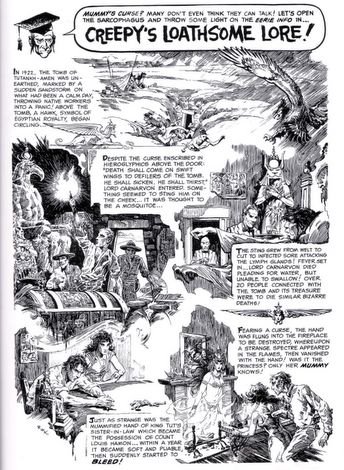Sunday, November 9, 2014
The Discovery of Cosmic Rays Announced This Day (1925)
In 1925, the confirmation of highly-penetrating radiation from “finite space” announced by Robert A. Millikan, calling them “cosmic rays”, was reported in the newspapers. He spoke to the National Academy of Sciences at Madison, Wisconsin. Earlier tests with high-altitude balloons, or atop mountains, remained inconclusive as to extra-terrestrial origin.
The rays, he thought then, could be of local origin from radioactive materials. However, in 1925, measurements he made up to 27-m below Muir Lake (altitude 3540-m) and Lake Arrowhead (alt. 1530-m) showed rays reached given depths in each by comparable amounts.
Thus the atmosphere difference of 2-km did not originate the rays, they had 18 times the penetrating power of any known gamma rays, and possibly were the “birth cries” of infant atoms from fusion or electron capture. link
Saturday, November 8, 2014
Born This Day: Hermann Rorschach
Rorschach (Nov. 8, 1884 - April 2, 1922) was a Swiss psychiatrist who devised the inkblot test that bears his name and that is widely used clinically for diagnosing psychopathology. His secondary-school nickname was Kleck, meaning "inkblot," because of his interest in sketching.
In 1917, he learned of Szyman Hens, who had studied the fantasies of his subjects using inkblot cards. Rorschach began in 1918 using 15 accidental inkblots, asking patients, "What might this be?" He knew the human tendency to project interpretations and feelings onto ambiguous stimuli. The subjective responses of his subjects enabled him to distinguish among them on the basis of their perceptive abilities, intelligence, and emotional characteristics. His published results (1921) drew little interest until after his death. link
In 1917, he learned of Szyman Hens, who had studied the fantasies of his subjects using inkblot cards. Rorschach began in 1918 using 15 accidental inkblots, asking patients, "What might this be?" He knew the human tendency to project interpretations and feelings onto ambiguous stimuli. The subjective responses of his subjects enabled him to distinguish among them on the basis of their perceptive abilities, intelligence, and emotional characteristics. His published results (1921) drew little interest until after his death. link
Friday, November 7, 2014
Thursday, November 6, 2014
Wednesday, November 5, 2014
Tuesday, November 4, 2014
Opened This Day (1922): Tutankhamen's Tomb
On this day in 1923, archaeologist Howard Carter opened the sealed doorway to the sepulchral chamber of King Tutankhamen's tomb in Thebes, Egypt. A group of invited visitors and officials was present, including Lord Carnarvon, the aristocratic Englishman who had funded the excavation. link
Saturday, November 1, 2014
Subscribe to:
Comments (Atom)



.jpg)
.jpg)
.jpg)
.jpg)
.jpg)
.jpg)




